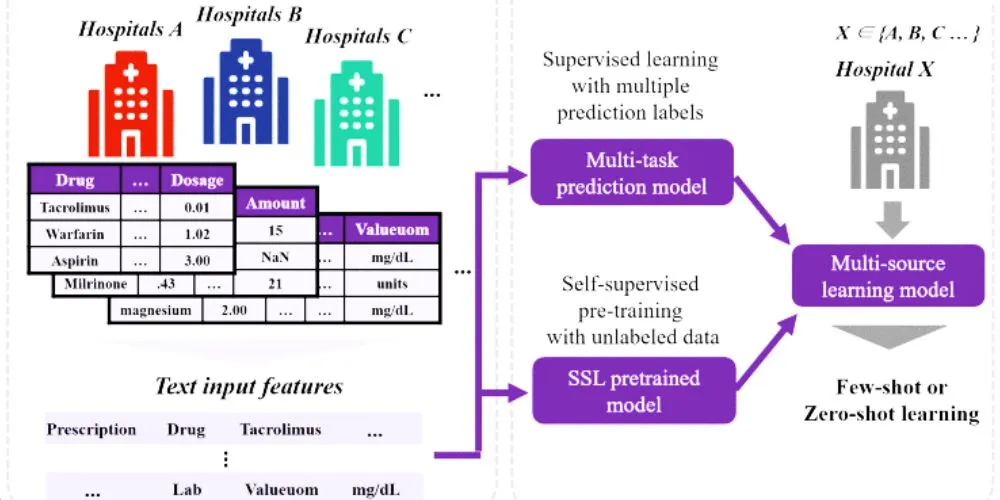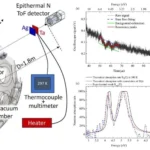Researchers have introduced the General Healthcare Predictive Framework (GenHPF) in a groundbreaking leap towards overcoming challenges in implementing large-scale predictive models for healthcare. This innovative framework addresses the limitations of current algorithms by offering a versatile solution applicable to Electronic Health Records (EHRs) with minimal preprocessing, paving the way for efficient predictions across various healthcare tasks.
Traditional algorithms often struggle to generalize well across different medical databases due to variations in data formats. GenHPF transforms EHRs into a hierarchical textual representation, mitigating heterogeneity in medical codes and schemas. The framework’s strength lies in its ability to incorporate numerous features without extensive preprocessing or feature engineering.
To evaluate GenHPF’s effectiveness, the researchers conducted multi-task learning experiments on three publicly available EHR datasets, covering 12 clinically significant prediction tasks. The results demonstrated that GenHPF consistently outperformed baseline models in single-domain and multi-source learning settings. Notably, the framework significantly improved pooled learning, surpassing other models by +1.2%P on average.
GenHPF showcased its prowess in transfer learning experiments by consistently outperforming code-based embedding methods, particularly in scenarios with limited target dataset sizes. The framework’s adaptability to different proportions of target dataset sizes demonstrated its robust performance, even in zero-shot learning situations.
Furthermore, integrating self-supervised pretraining using multi-source datasets proved to be a strategic enhancement for the General Healthcare Predictive Framework. The framework, coupled with pretraining methods like SimCLR, exhibited a noteworthy improvement in prediction performance compared to models without pretraining.
The research highlighted GenHPF’s potential for real-world hospital applications, emphasizing its minimal preprocessing requirements and integration capabilities with existing EHR systems. Despite promising results, the study acknowledged limitations such as computational constraints and language dependence, suggesting avenues for future improvements.
General Healthcare Predictive Framework emerges as a transformative approach for large-scale EHR modeling, offering a versatile and efficient solution to predictive algorithms in healthcare. The framework’s ability to handle diverse learning scenarios without relying on domain knowledge positions it as a promising tool for improving patient care and outcomes.











